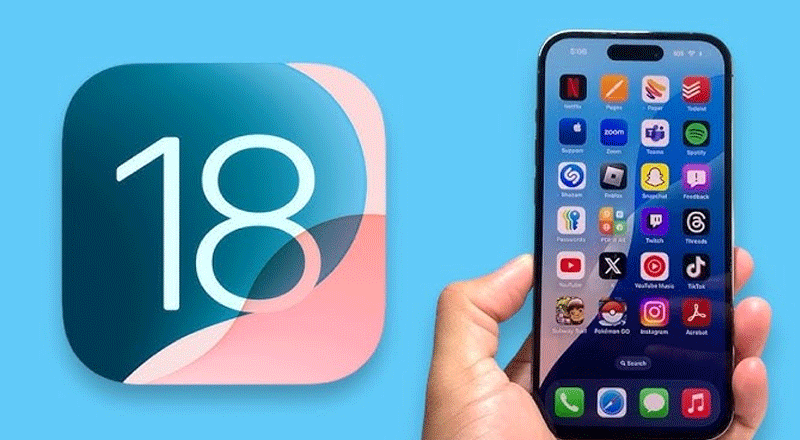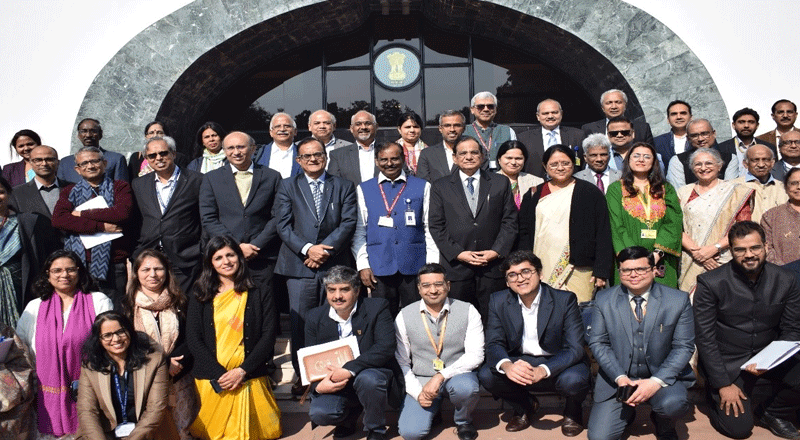- Apple’s iPhone 15 drew mixed reactions in its third-largest market in China, with many online users liking its faster chip and improved gaming capabilities.
- The company occupies a leading position in China’s premium smartphone market, in part due to the decimation of Huawei Technologies’ smartphone business by U.S. export controls
- Beijing is reportedly expanding a ban on the use of iPhones in sensitive government departments and state-backed agencies.
- China on September 13 claimed it had found ‘security issues’ with the Apple iPhone.
- France’s radiation watchdog ANFR notified Apple of its decision to ban iPhone 12 sales after it had carried out tests that showed the smartphone’s Specific Absorption Rate (SAR) was slightly higher than legally allowed.
- The European Union has set safety limits for SAR values linked to exposure to mobile phones, which could increase the risk of some forms of cancer according to scientific studies.
Apple’s iPhone 15 drew mixed reactions in its third-largest market in China, with many online users liking its faster chip and improved gaming capabilities while others preferred Huawei’s new smartphone.
China remains key for the U.S. tech giant, which unveiled its new iPhone lineup. The company occupies a leading position in China’s premium smartphone market, in part due to the decimation of Huawei Technologies’ smartphone business by U.S. export controls, but has also come under scrutiny in the run-up to the iPhone 15‘s launch.
Shares in Apple and its suppliers were battered last week after reports that Chinese government agencies and state firms were banning staff from using the phone and Huawei launched a new smartphone with an advanced chip, seen as an effort by the Chinese firm for a comeback.
The unveiling of Apple’s iPhone 15 attracted intense discussion online, as new models have done in the past. The new phone goes on sale online in China on Alibaba’s Tmall marketplace on Sept. 15 and in stores on Sept. 22.
Beijing is reportedly expanding a ban on the use of the iPhones in sensitive government departments and state-backed agencies. China on September 13 claimed it had found ‘security issues’ with the Apple iPhone, without specifying the models of the premium smartphone maker. The comments came as Beijing is reportedly expanding a ban on the use of iPhones in sensitive government departments and state-backed agencies. The expansion of such a purported ban has been through official notifications without a specific law in particular.
On the other hand, France’s radiation watchdog ANFR notified Apple of its decision to ban iPhone 12 sales after it had carried out tests that showed the smartphone’s Specific Absorption Rate (SAR) was slightly higher than legally allowed, Jean-Noel Barrot told the paper. Apple must stop selling its iPhone 12 model in France due to above-threshold radiation levels, France’s junior minister for the digital economy told newspaper Le Parisien in an interview published on Tuesday.
Apple did not immediately reply to a news agency’s request for comment.
Barrot said a software update would be sufficient to fix the radiation issues linked to the phone which the U.S. company has been selling since 2020. “Apple is expected to respond within two weeks”, he said, adding: “If they fail to do so, I am prepared to order a recall of all iPhones 12 in circulation. The rule is the same for everyone, including the digital giants.”
The European Union has set safety limits for SAR values linked to exposure to mobile phones, which could increase the risk of some forms of cancer according to scientific studies.
The French watchdog will now pass on its findings to regulators in other EU member states. “In practical terms, this decision could have a snowball effect”, said Barrot. In 2020, France widened regulations requiring retailers to display the radiation value of products on packaging beyond cell phones, including tablets and other electronic devices.
(With inputs from agencies)





